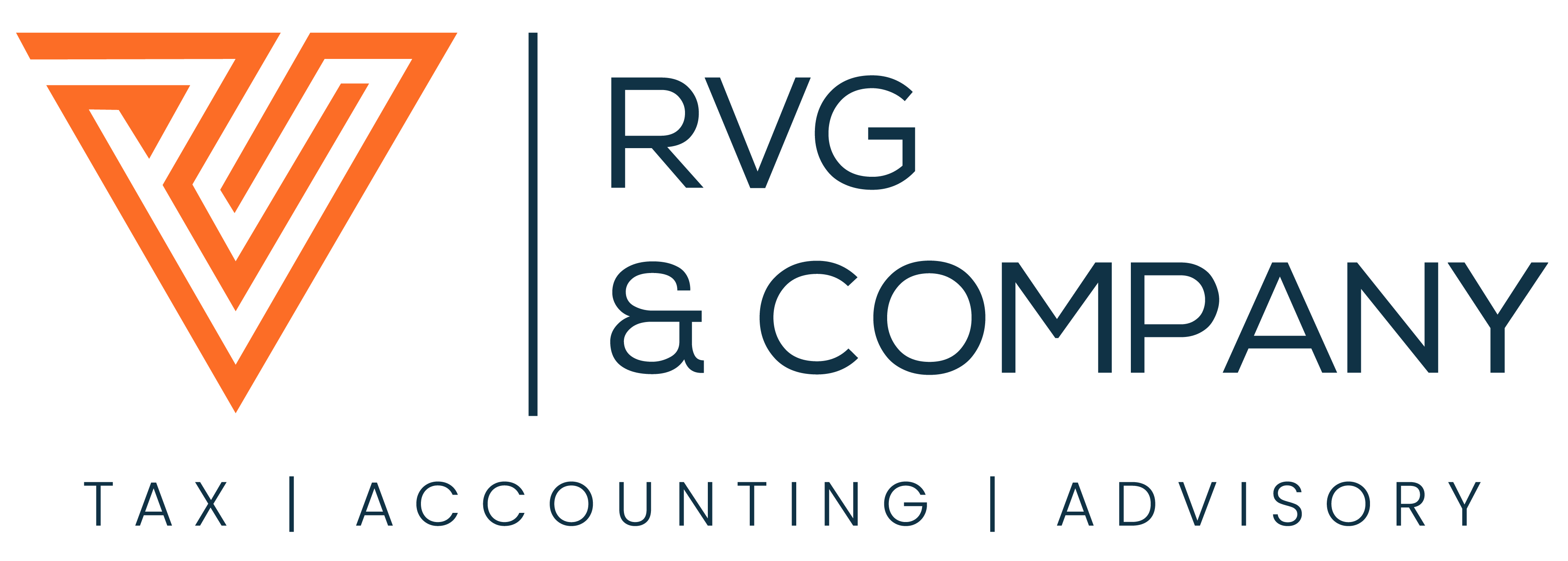This article will focus on the developing issue related to the imposition of income taxes by cities and local governments.
Businesses that operate in the city of San Francisco must register in the city and pay a license fee. Moreover, businesses may be subjected to three additional taxes: the San Francisco Gross Receipts tax, the Homeless Gross Receipts Tax, and the Commercial Rent Tax. While these types of taxes are common in several large cities, such as New York City and Philadelphia, smaller cities in Ohio, Colorado, and Michigan impose similar income and gross receipts taxes. Additionally, local municipalities and towns are reviewing their charters to determine if they can enact income, gross receipts, and license taxes to raise revenue.
In San Francisco, the nexus standards include maintaining a fixed place of business within the city; performing any work, including solicitation, within the city for all or part of any seven days during the calendar year; or generating more than $500,000 in San Francisco-sourced gross receipts during the calendar year. Except in certain limited circumstances, tax filing must be made online.
With the recent increase in the sale of goods and services provided through the online-virtual economy, businesses will have to consider the potential consequences of city taxes. For example, a taxpayer may be subject to the New York City corporate income tax based upon sales to customers located in the city. New York City takes a market-based approach to sourcing sales in its jurisdiction. As a result, a service provider located outside New York City may be subject to the City’s corporate income tax because it has a customer located in New York City that receives a benefit from the out-of-state service provider.
The city of Philadelphia imposes the Business Income and Receipts Tax (BIRT). Every individual, partnership, limited liability company, and corporation is subject to tax. The tax has two components comprised of an income tax and gross receipts base. The tax is generally imposed on businesses that have a location in Philadelphia, however, the seller of software and SaaS may be subject to the BIRT if they have customers that receive a benefit in Philadelphia.
It should also be noted that Ohio has over 600 city and municipal jurisdictions that impose income taxes. Moreover, Michigan has almost 20 cities that impose an income tax and Colorado has five cities that impose similar taxes.
Based upon state and local jurisdictions increasing need for tax revenue, local income taxes and fees will be an emerging issue for businesses.
If you need assistance in determining if your business’s expansion is potentially liable for local taxes, please contact an advisor in our tax practice.
If you have any questions regarding the information in today’s blog post, contact your trusted advisor at RVG & Company, today! (954) 233-1767.


